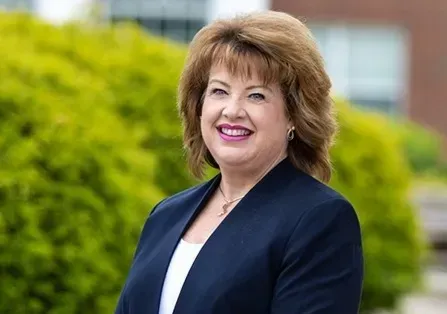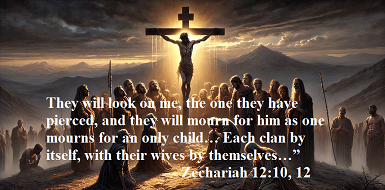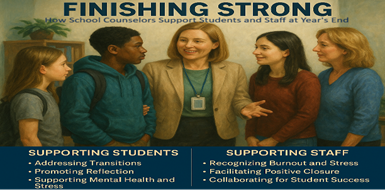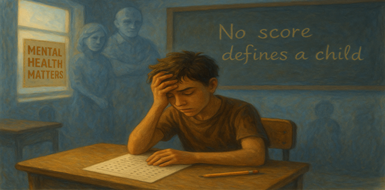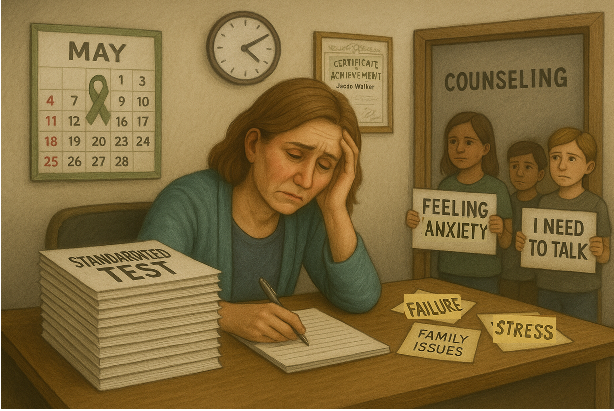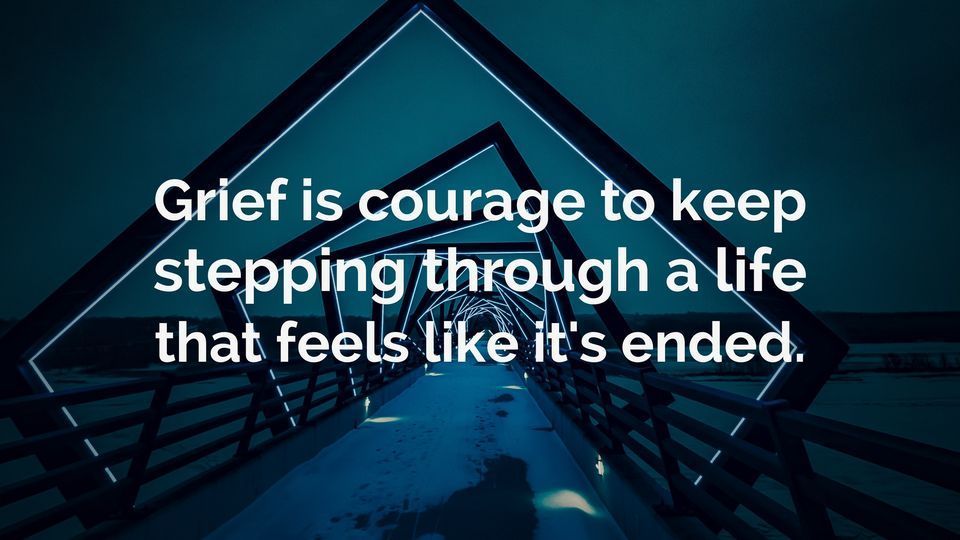Grief Reframed
Living Your Journey, Not Someone Else’s
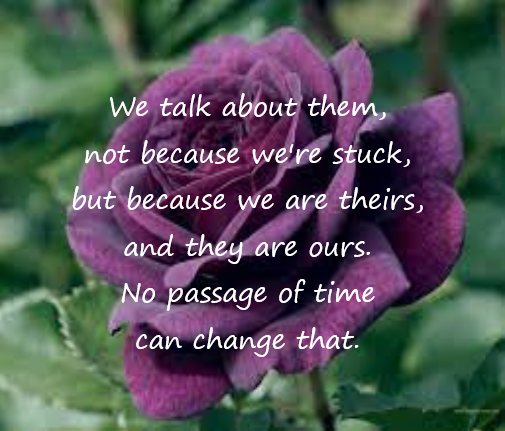
Something that we often forget is that the famed “stages of grief” as outlined by Elisabeth Kübler-Ross were originally derived from studying people facing anticipatory loss — those confronting their own mortality. These stages — denial, anger, bargaining, depression, and acceptance — were observed in individuals grappling with the inevitability of their own death. This context changes everything.
When we understand that these stages come from a study of anticipatory loss, we realize that “staring death in the face” isn’t a sign of being stuck. It’s a profoundly human response to an overwhelming reality. If we didn’t wrestle with the enormity of loss, we wouldn’t be human. Reframing grief in this way reminds us that what others might perceive as being “stuck” is simply part of carrying the love we still hold.
Grief defies neat categorization
While Kübler-Ross’s stages provide a framework for understanding emotional responses, they are not a checklist. Grief is deeply personal, shaped by the relationship we had with the person who’s gone, our own experiences, and the unique way we process loss.
Some may move through certain emotions quickly and dwell longer in others. Some may not experience every “stage” at all. This doesn’t mean something is wrong. Grief isn’t a straight line; it’s a winding path with no definitive end. Viewing grief as a fluid, deeply individual process allows us to approach it with compassion and flexibility.
You Are Not Stuck; You Are Carrying Love
One of the hardest parts of grieving is the perception — often from others — that we are “stuck.” Comments like “You need to move on” or “It’s time to let go” can add guilt and shame to an already heavy burden. But what if we reframe “being stuck” as simply holding on to love? The depth of grief often mirrors the depth of love we shared. Far from being a sign of stagnation, this is a testament to the strength of our bond and the enduring energy of love.
Carrying love forward doesn’t mean you’re failing to heal. It means you are honoring a connection so profound that it cannot simply disappear. This love may find new forms—in memories, in actions taken to honor the person, or in the way it shapes your values and choices going forward.
Grief is deeply personal, and no one else has the right to dictate how you should feel or how long you should mourn. Try not to let others’ discomfort with grief shape your journey. Often, people who haven’t experienced profound loss struggle to understand it. They may try to rush your healing or frame your grief in ways that feel limiting or dismissive.
But this is your one and only life here on earth. Your grief is part of your story, and it deserves to be lived on your terms. Live according to your values, your needs, and your timeline.
Living with Grief
Living with grief doesn’t mean being consumed by it. It means acknowledging its presence as part of your human experience and making space for it alongside joy, growth, and connection. Grief may evolve, becoming less raw over time, but it often remains a quiet companion. This is not a failure; it is life.
By allowing grief to coexist with love and hope, we can honor both our loss and our capacity to continue living fully. When we stop seeing grief as something to overcome and instead view it as a part of carrying love, we create room for healing—not by forgetting but by integrating.
A Reframed Perspective
You are not stuck; you are navigating the uncharted waters of love and loss. Your grief is as unique as your fingerprint, and it’s not meant to conform to someone else’s expectations. This is your journey, and you have the right to live it authentically. By embracing your grief as a reflection of your love, you honor both your own humanity and the deep connections that make life meaningful.
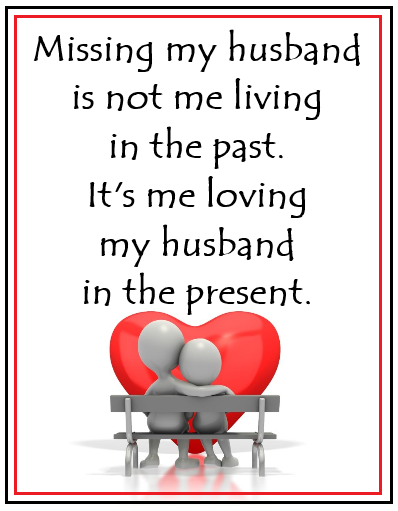
I am a school counselor turned counselor educator, professor, and author helping educators and parents to build social, emotional, and academic growth in ALL kids! The school counseling blog delivers both advocacy as well as strategies to help you deliver your best school counseling program.
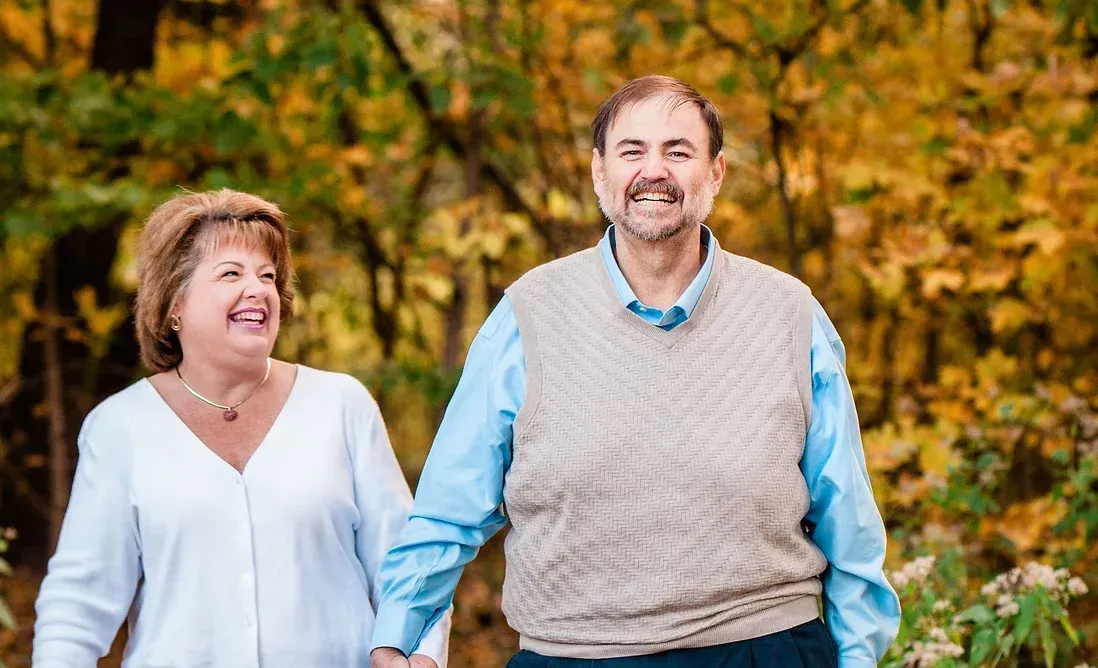
I'm a mother, grandmother, professor, author, and wife (I'll always be his). Until October 20, 2020, I lived with my husband, Robert (Bob) Rose, in Louisville, Ky. On that awful day of October 20,2020, my life profoundly changed, when this amazing man went on to be with Jesus. After Bob moved to Heaven, I embraced my love of writing as an outlet for grief. Hence, the Grief Blog is my attempt to share what I learned as a Counselor in education with what I am learning through this experience of walking this earth without him. My mission is to move forward with my own healing as well as to help others in grief move forward to see joy beyond this most painful time.
